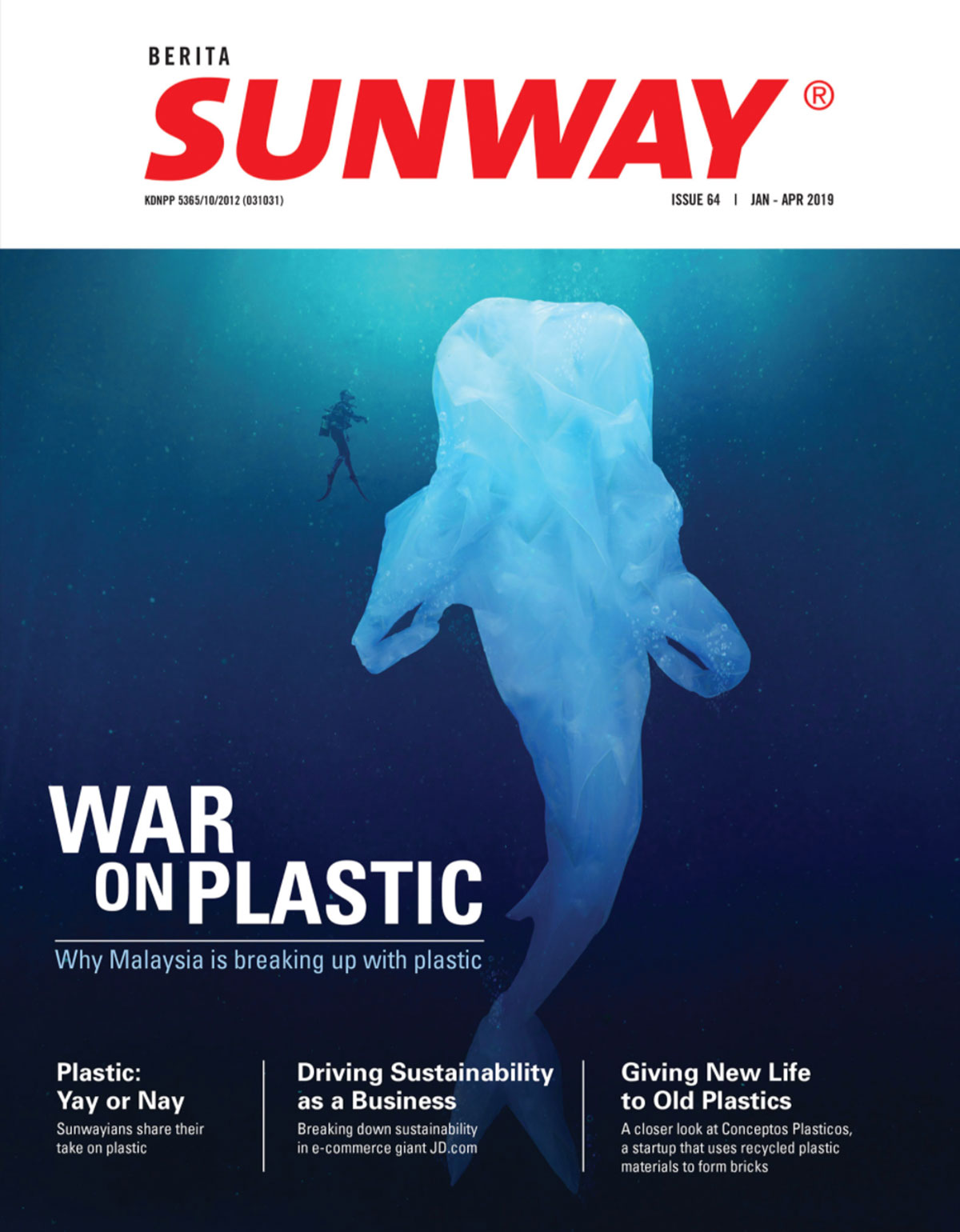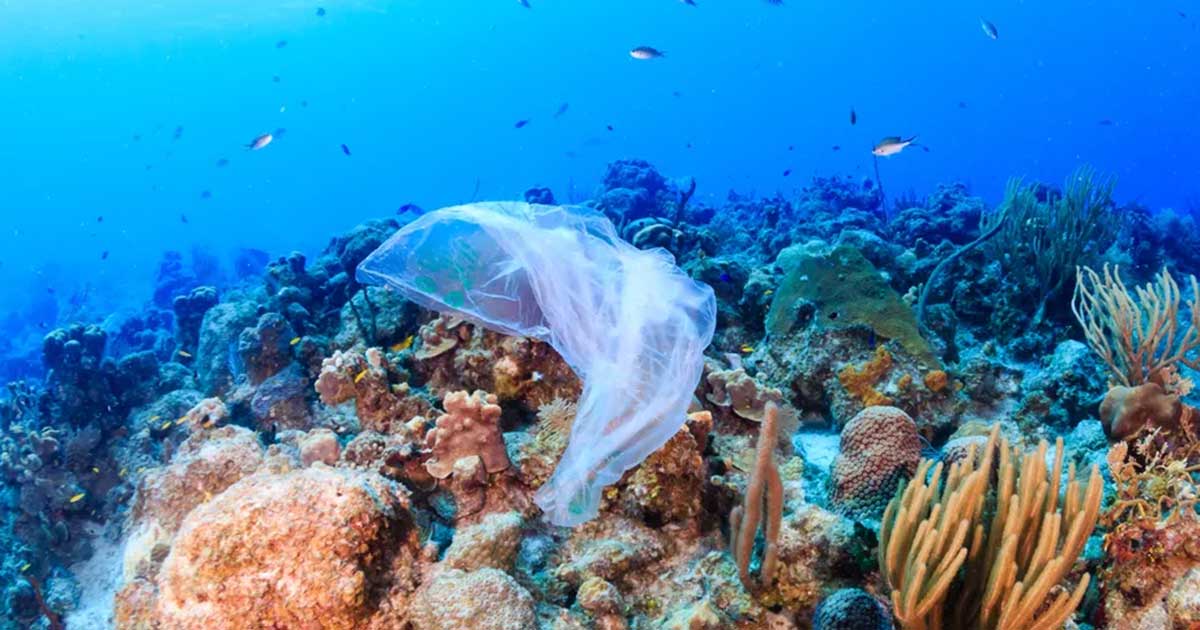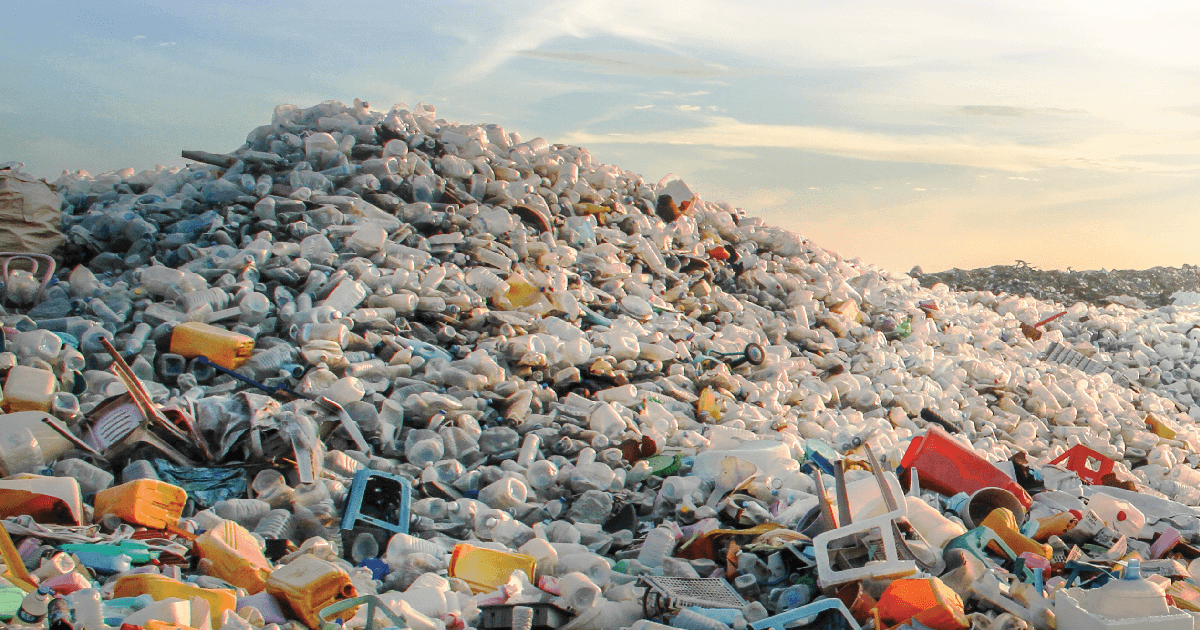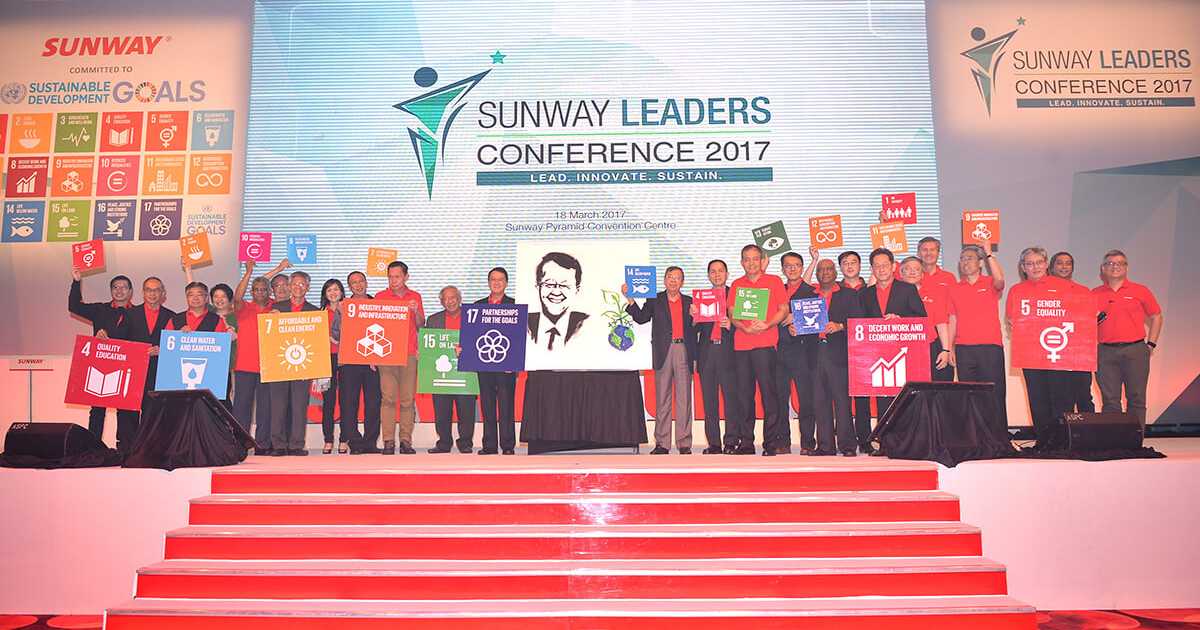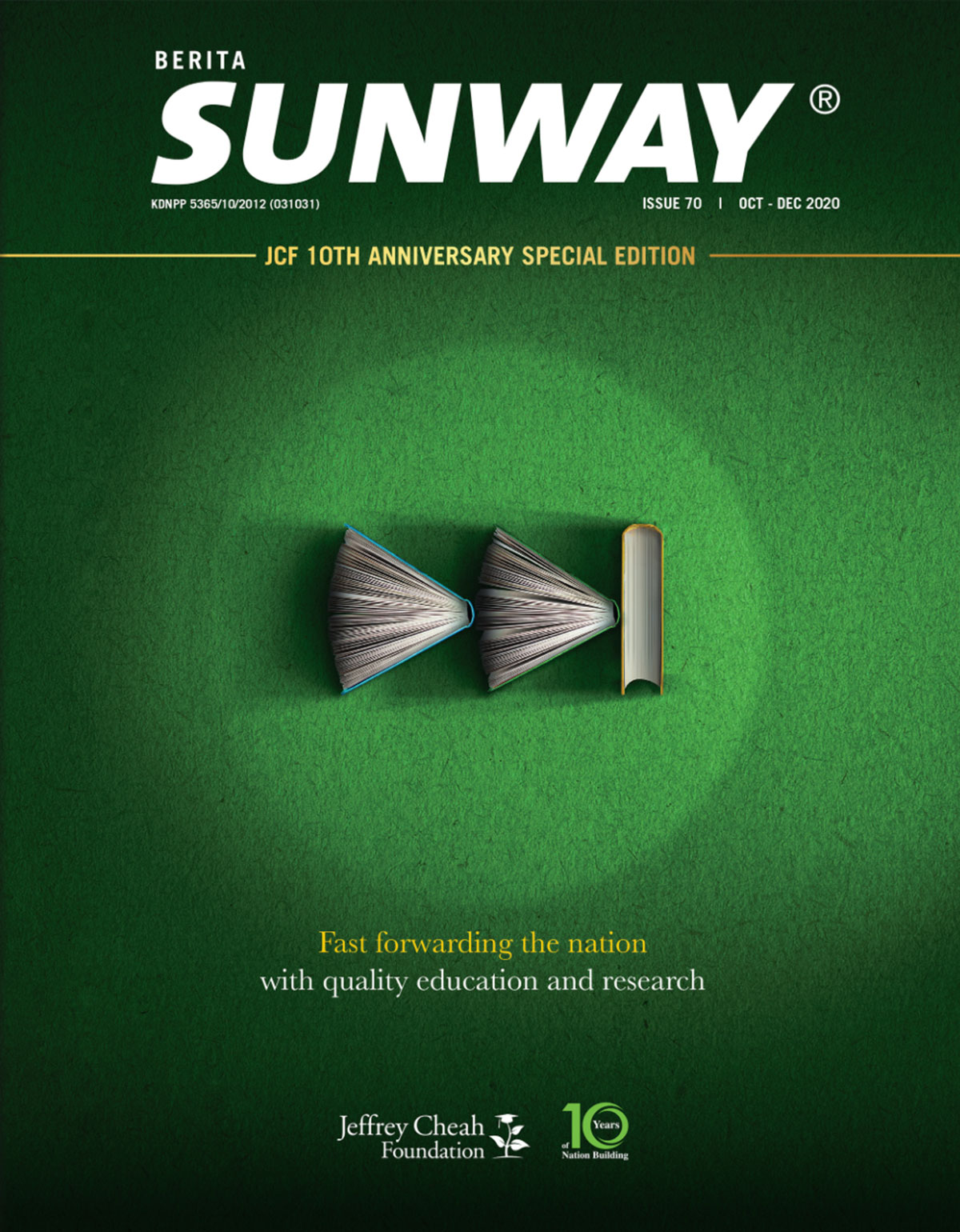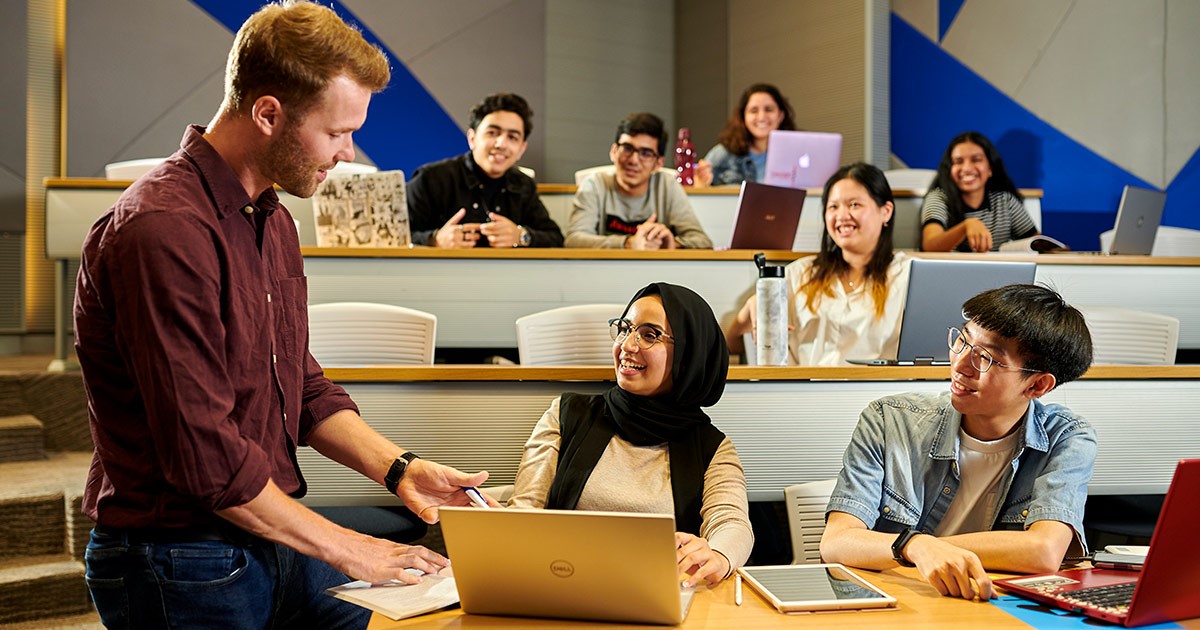Plastic: Yay or Nay
-
Sunwayians share their thoughts on the good contributions and shortcomings of plastic.
Lau Ee Fong, Executive, Business Innovation
Plastic? Of course no! Every living human being should play a part in saving the environment. We have recyclable bags, please use it wisely because it does not cause you any pain. Please say yay to recyclable bags and nay to plastic bags! Reusable bags are the trend now.
Lim Jun Hong, Intern, Group Branding, Marketing & Communications
Plastic has been both a boon and a bane to humanity since its inception and popularisation in the early 70’s. On one hand, it introduces a strong, light and easy way for the masses to carry goods around, but it also causes irreversible and widespread damage to the ecosystem that we live in. Collectively, the human race produces over 300 million tonnes of plastic each year, of which 91% isn’t recycled. We can mitigate this. Studies have shown that a simple change in the consumption of single, disposable plastic bottles to reusable bottles could actually save 1,460 plastic bottles per individual in just the span of a single year. By changing our habit of using and disposing plastic, we can make a significant difference to the world. For the sake of a better world, plastic is a nay for me.
David Hepting, English and Science Teacher, Sunway International School Iskandar
Sunway has been a company of the future – riding trends and even pioneering forward. I think it’s very clear that this (plastic ban) is the direction forward for all those who care about the planet. It’s only a small gesture, a small stand, but as we join with others it becomes a wave, a movement. My wife and I are doing our best to become zero waste, taking cloth bags, and dabao containers wherever we go so that we don’t have to use single-use plastic. It’s surprisingly difficult and many shops insist on using plastic. I think if Sunway took the lead on this it would speak volumes about their commitment to the environment and to the future for us, our children, and their children too.
Lee Yiaw Sam, Associate Consultant- Applications, IT Shared Services Centre
Cheap plastic is so common and it is found everywhere. It retains some of the most attractive qualities in any material – lightweight, flexible, relatively inexpensive, and durable – and humans have acquired a voracious appetite for its boundless creations. But its appealing features also mean it exists in abundance, and without proper regulation, accumulation of plastic can easily lead to water, soil, and air pollution. But cutting down on plastic use isn’t an easy solution. Some industries like the medical field can’t curb or replace the use of plastic materials in the short-term. We can practice responsible use of plastic or replace it altogether with more environmental friendly materials. Plastic is not dangerous to the environment if not for the humans who choose to abuse the convenience of plastic.
Doreen John, Head of Partnerships and Student Engagement of the Centre for American Education (CAE), Sunway University
Plastic is particularly functional in a country like Malaysia, where the tropical rain comes heavily and, sometimes, rather suddenly. But plastic has its limitation as well. For instance, caution must be taken with plastic bottles by not keeping it in places where it can get heated. It’s the overuse and littering culture that create problems. If plastic is used sparingly – reused and then disposed of properly, not dumped in the oceans or dropped along the streets, that will make a big difference. There should not be a total ban, but an educated usage.
Wong Zi En, Executive, Internal Audit
Substituting plastic with steel drinking straws and recycling bags would not be helpful if we are still shopping irresponsibly and impulsively. How many of us would donate old clothes and items to the poor and needy instead of disposing it? In fact, plastic bags and straws are just the “accessories” to the major issue that’s damaging our environment – the real culprit is our purchasing habit. What’s being dumped into the ocean are not just plastic bags and straws, but the waste of all these goods that we thought we needed. In short, all these implementations would not make a huge impact unless we adopt a responsible attitude as a consumer.
This article first appeared in Berita Sunway Issue 64











